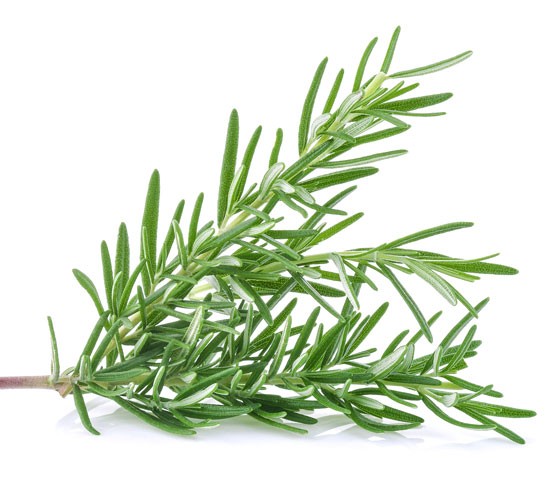Introduction:
In the vast realm of culinary herbs, rosemary stands tall as a fragrant and versatile tapestry of flavor. With its needle-like leaves and distinctive aroma, this herb has woven its way through kitchens and gardens, leaving an indelible mark on countless recipes. Join us on a sensory journey as we delve into the origins, diverse varieties, and culinary wonders of rosemary, uncovering the secrets that make it an indispensable herb in the world of gastronomy.
Origins and Varieties:
Rosemary, scientifically known as Rosmarinus officinalis, is a woody, evergreen herb native to the Mediterranean region. Its name is derived from the Latin words “ros” (dew) and “marinus” (sea), alluding to its natural habitat along coastal areas. Today, rosemary is cultivated worldwide, and its varieties offer nuances in flavor and appearance.
Common rosemary (Rosmarinus officinalis) is the most widely used variety, known for its robust and pine-like flavor. Other varieties, such as prostrate rosemary with its trailing growth habit or the aromatic Tuscan Blue rosemary, add diversity to the herb garden. Each type brings its own unique characteristics to culinary and ornamental applications.
Culinary Applications:
Rosemary’s bold flavor profile makes it a prized ingredient in a variety of culinary creations. Whether used fresh or dried, its piney and slightly peppery notes complement a range of dishes. From roasted meats and vegetables to bread, sauces, and even desserts, rosemary adds a distinctive layer of depth and fragrance.
Infusing olive oil with rosemary creates a versatile and aromatic base for dressings and marinades. Sprigs of rosemary can be used as skewers for kebabs, imparting their flavor to the ingredients during grilling. The herb also finds its way into beverages, with rosemary-infused cocktails and teas gaining popularity for their unique herbal notes.
Health Benefits:
Beyond its culinary charm, rosemary boasts an array of health benefits. Rich in antioxidants and essential oils like rosmarinic acid, rosemary has anti-inflammatory and antimicrobial properties. It has been traditionally used to support digestion, enhance memory, and promote overall well-being.
Growing Rosemary at Home:
Cultivating rosemary at home is a rewarding endeavor, as this herb is well-suited to both garden beds and containers. Rosemary prefers well-draining soil and plenty of sunlight, making it an excellent choice for sunny windowsills or outdoor gardens. Regular pruning not only encourages bushy growth but also provides a fresh supply of aromatic leaves for culinary use.

